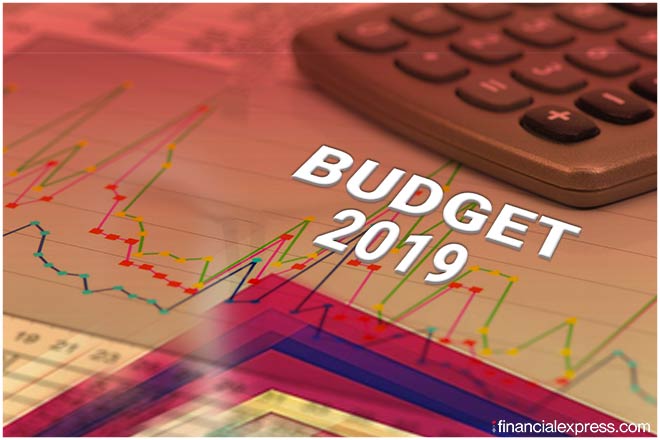By Tanuj Bhojwani
Budget 2019-20: If it was not for the railways, we would not agree on what time it is. For the most part of human existence, time was a local phenomenon. Noon was benchmarked to the time the sun was right above you and shadows were the shortest. Everyone else in your village, hamlet or town then maintained their watches accordingly. As long as you and your neighbour agreed on when 9 o’clock is, it didn’t matter if the next village or the one across the country agreed with you too.
Things were generally fine, until the railways came along. The railways were a network that cut across many of these time fiefdoms. Imagine a train time-table that needed to account for local-time in every stop it made. The complexity and inefficiency of the problem led Charles F Dowd, a school teacher, to come up with what we now call “time-zones” in 1863. Privately-owned railway corporations adopted Dowd’s plan in 1883. The US government only formally adopted the Standard Time Act in 1918. By then, the railways had gotten everyone used to the idea of standard time anyway.
The internet is often compared to the railways. Usually, to draw attention to the tremendous power internet giants have over the economy, just as railway companies of the late 19th century had. That lesson is important, but it isn’t the only one. The connectedness that railways brought about changed lives in profound ways. It solved many problems, but also created problems that a newly connected society didn’t know it had yet—like what do we do about time? Standardising time, a radical idea in the 1860s, made many other technologies possible, like studying global weather. Who could have predicted that a US railways innovation from 1883 would save 1.2 million lives in Odisha in 2019?
The internet is a network that cuts across both space and time. Every year, technologies and businesses built on top of the internet disrupt industries and our way of life. Cars become self-driven, homes, cities and even microwaves become “smart” and reality is becoming “augmented”, if not entirely “virtual”. For the last 30 years, and for the next 30 years at least, digital technologies remain the biggest economic opportunity that we can be sure of. If we are really planning to grow fast enough to become a $5 trillion economy in 5 years, ignoring the internet would be a foolish thing to do.
The problems for railways started when people realised that those who control the tracks, control the future of many adjacent industries. Everyone agreed that immense value was being created, but they disagreed on how it was being distributed. Six railway companies in the US owned or controlled 90% of the market for anthracite coal, and made it difficult for independent coal companies to move their product. Whereas once the railway barons laid tracks to build their empires, today, the internet barons collect your data.
The primary mechanism of disruption for the internet and the railways is the same: they don’t make the world smaller, they make markets larger. Efficient and reliable coordination over large populations is possible on scales it wasn’t before. The internet grew up in a mostly lawless, data-guzzling, winner-take-all kind of environment. Today, the world is waking up to the fact that our hyper-connected society has a new problem: What do we do about data?
If data is the new oil, why do we give it away so freely? Comparing data to a tradeable commodity is a huge disservice. It legitimises the capture of our data by others because we got some service for free in return. The more prudent analogy would be to say that our data is our vote. Our vote is protected by the law. We should be able to give it to whom we want, and if we aren’t satisfied, we remain free to give it to someone else. The Constitution guarantees the freedom, security and privacy of the citizens to exercise their vote without fear.
By recognising that user data doesn’t just “belong” to the user, instead it is an extension of the user’s self, India can establish the world’s first data democracy. This isn’t simply a legal right, it has important economic implications as well. When users are in charge of their data, they get to decide whom to give it to, why and in return for what. This means, that a rural kirana store owner uses her phone records, currently locked up by telcos, to get better loans. This means that a farmer can show his track record, currently locked up by patwaris, to prove that his insurance claim is genuine. Instead of data being used by those who captured it, we make sure data empowers our users.
On this Friday, when the new government rolls out its first budget, we hope that we see commitments towards shaping a data democracy. The government needs to recognise that creating one involves more than installing wi-fi in trains, or launching apps for e-governance. We need to encourage the creation of more digital platforms as public goods, and give citizens control over the data about them within the government. In fact, if we encourage citizens to join the current structure of the internet, without laying out a framework on data, we risk jeopardising their ability to partake of the prosperity that the internet creates from their data. If we don’t decide that now is the time for a data democracy, the internet, just like the railways before it, will decide for us what time it is.
(The author is Fellow at iSPIRT, Bengaluru. Views are personal)


